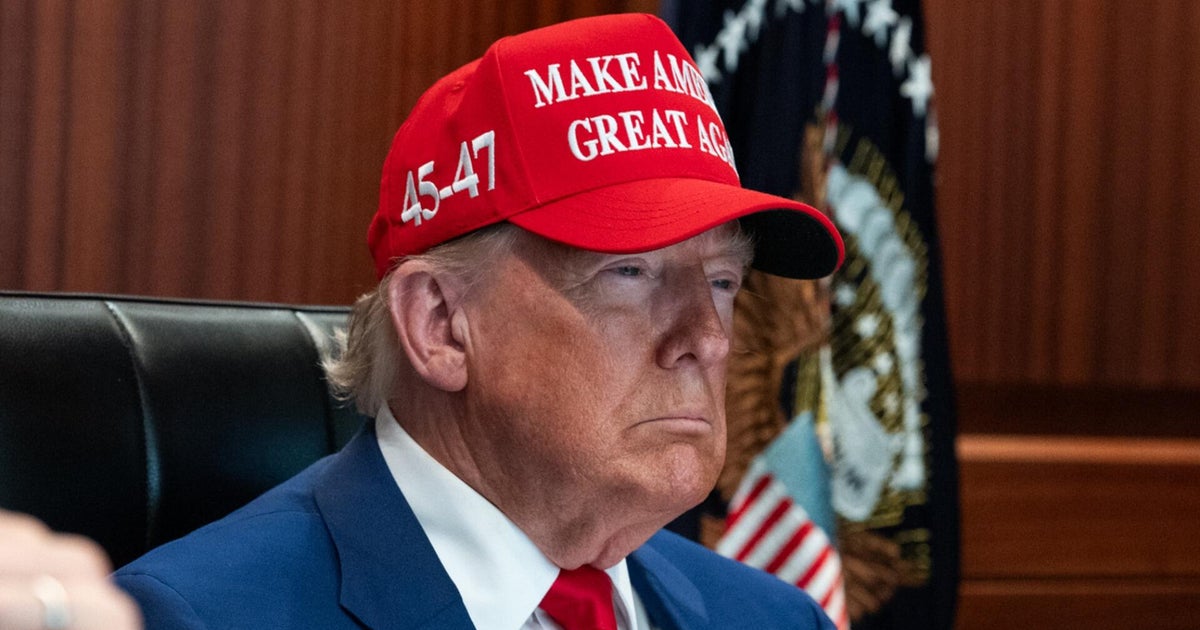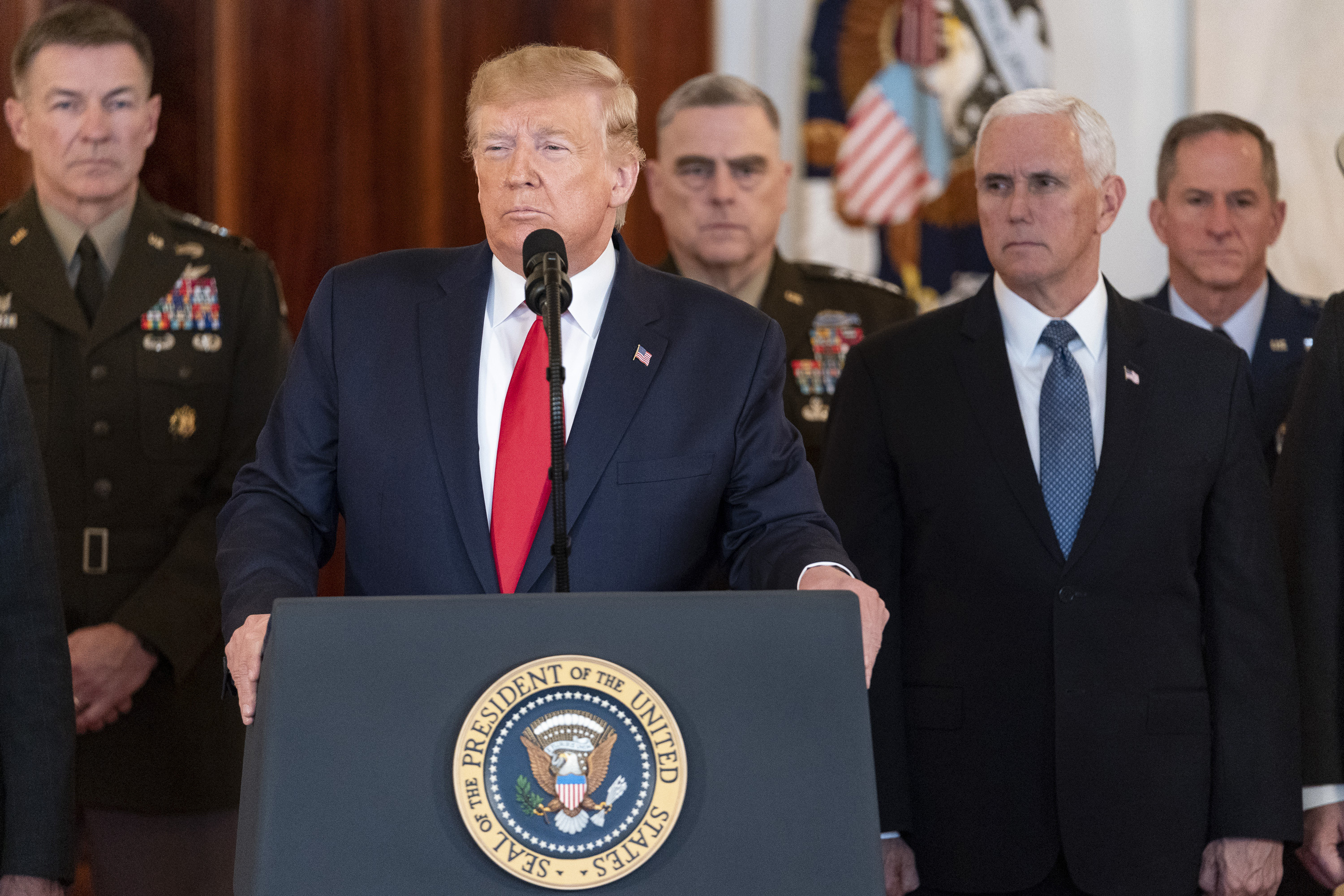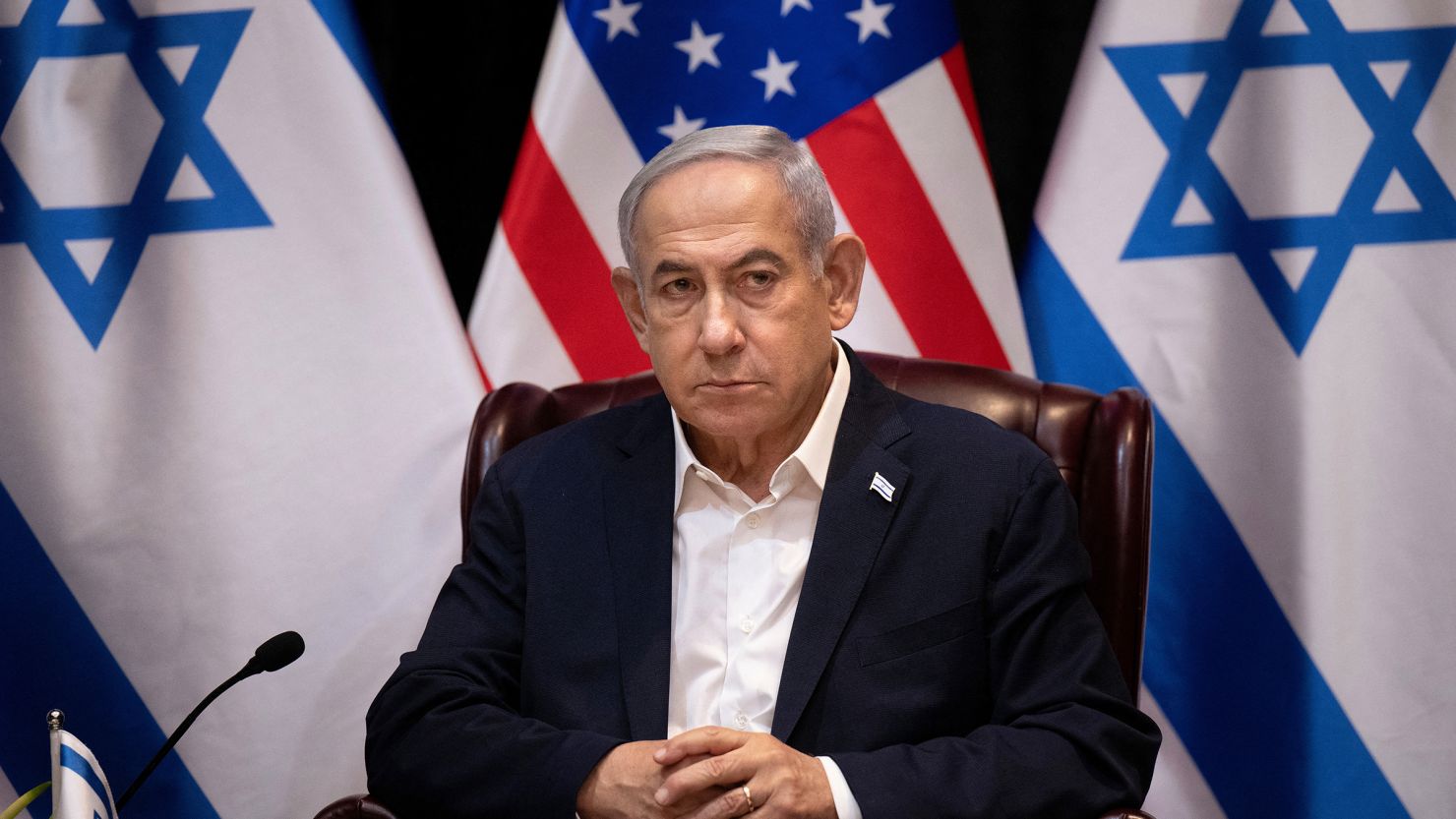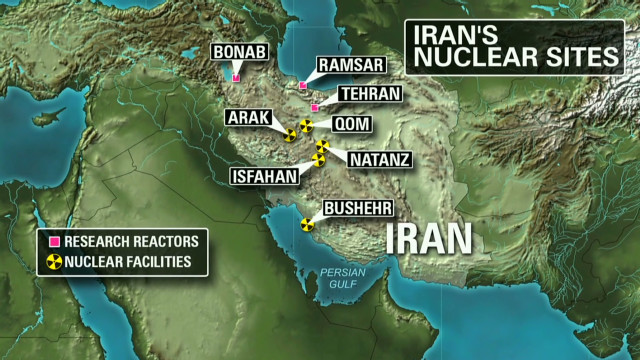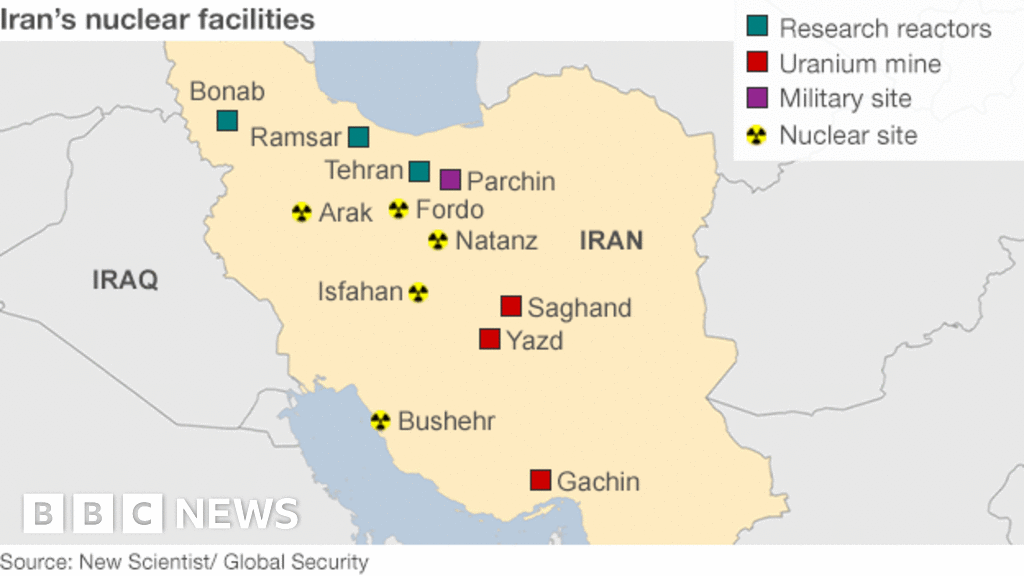The Assassination of Iran's Top Nuclear Scientist: Implications and Tensions

About the People Mentioned
Iran
Iran, officially known as the Islamic Republic of Iran, is a country with one of the world's oldest continuous major civilizations, dating back to the 5th millennium BC. Historically, it was known as Persia and was home to powerful empires such as the Achaemenid, Parthian, and Sassanian Empires. The country experienced significant changes with the Islamic conquest in the 7th century and the establishment of Shia Islam as the state religion under the Safavid dynasty in the 16th century[1][2]. Iran's modern history includes the Pahlavi dynasty, which modernized the country but was overthrown by the 1979 Islamic Revolution led by Ayatollah Khomeini. This revolution transformed Iran into an Islamic theocracy, marking a significant shift in its political and social landscape[3]. Economically, Iran is heavily reliant on its oil and gas resources, making it a key player in global energy markets[2]. Currently, Iran plays a significant role in regional and global geopolitics, with ongoing tensions with the United States, Israel, and other Western countries. The country has been involved in various conflicts, including the Iran-Iraq War and more recent proxy wars in the Middle East[1][3]. Internally, Iran faces challenges related to human rights and democracy, with periodic protests and calls for reform[5]. Recent events have included increased tensions with Israel, with reports of escalating military actions, and internal protests against the government's policies[3]. Despite these challenges, Iran remains culturally rich, with a diverse population and a heritage in arts, literature, and architecture[2]. Its unique blend of traditional and modern elements continues to influence both regional and global affairs.
Israel
Israel is a Middle Eastern country located on the eastern shore of the Mediterranean Sea, with a population of approximately 9.56 million as of 2025. It is a parliamentary democracy known for its advanced economy, technological innovation, and complex geopolitical significance. Israel is recognized for having a highly developed free-market economy with a robust high-tech sector that drives much of its economic growth. The country hosts the second-largest number of startup companies globally, trailing only the United States, and is home to numerous multinational R&D centers from leading global tech firms[6][4]. Politically, Israel operates under a parliamentary system and has been led by notable figures such as Prime Minister Benjamin Netanyahu. Internationally, Israel faces mixed perceptions: a 2025 Pew Research Center survey found that global views of Israel and Netanyahu are predominantly negative, and many Israelis themselves feel their country lacks respect internationally[3]. Israel's economy is diverse, including significant industrial manufacturing, diamond cutting and polishing, and an expanding energy sector influenced by recent natural gas discoveries. Tourism also plays an important role, with millions of visitors annually attracted to historic and religious sites[6]. The country maintains a sophisticated welfare state and a powerful military, reportedly possessing nuclear capabilities[6]. In terms of governance and social indicators, Israel scores 73 out of 100 on the 2025 Freedom House global freedom index, categorizing it as "free" politically and socially[1]. Education and youth employment are focal points for public policy, with youth not in employment, education, or training (NEET) rates close to the OECD average[9]. Recent economic forecasts anticipate about 3% GDP growth in 2025, largely driven by the high-tech sector[4]. Despite economic strengths, Israeli society continues to grapple with internal ideological divisions and ongoing regional security challenges, maintaining its central relevance in Middle Eastern and global affairs.
